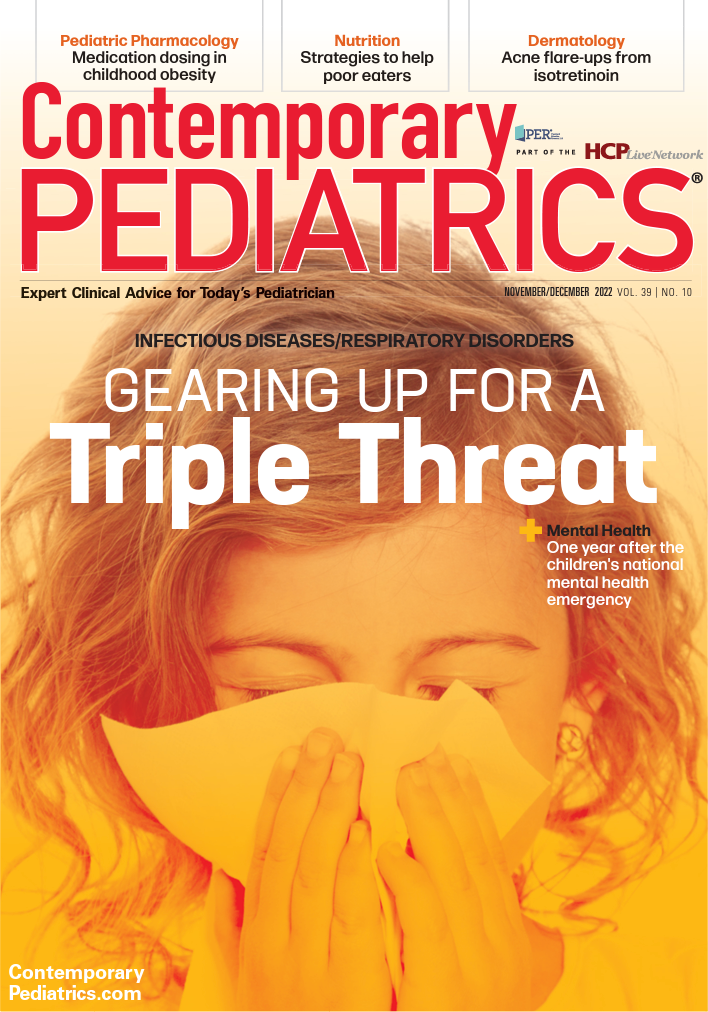Lisdexamfetamine is effective in preschoolers with ADHD
Lisdexamfetamine dimesaylate was associated with reduced ADHD symptoms in children aged 4 to 5 years.
A study of lisdexamfetamine dimesaylate (LDX) in children aged 4 to 5 years with attention-deficit/hyperactivity disorder (ADHD) found that the treatment reduced symptoms and was generally well tolerated compared with placebo.
The study’s 199 participants had baseline scores on the parent-reported ADHD Rating Scale-IVPreschool Version (ADHD-RS-IV-PS) and the Clinical Global Impression-Improvement (CGI-I) scale. Scores on these 2 scales, determined again at the end of the 6-week study period, provided the major end points for the trial. Most (175) of the participants had diagnoses of the combined ADHD subtype and CGI scores corresponding to “markedly ill.” Only 8 of the participants had used ADHD medications, such as atomoxetine, guanfacine, and methylphenidate, prior to being in the study.
Participants were divided into 2 groups. One group received LDX for 6 weeks and the other group received placebo. Some children received 5 mg of LDX or matching placebo while others received 10-, 20-, or 30-mg doses. At the end of the 6-week study period, CGI-I scores had improved in 41.7% of patients in the LDX group compared with 24.3% of patients in the placebo group. As for ADHD-RS-IV-PS, the LDX group did better than the placebo group with regard to inattention but not with regard to hyperactivity/impulsivity. Almost half the participants in the active group had adverse effects, usually mild. These adverse effects most often included decreased appetite and irritability.
Thoughts From Dr Farber
Lisdexamfetamine is converted to the less expensive dextroamphetamine, known to be effective for ADHD, so these results are expected. I do not like the trend of using stimulants to treat preschool-aged patients, even if they are effective, and suspect this study will be used to push for lowering the approved age for use. Also of note is the high incidence of adverse effects.
Reference
Childress AC, Lloyd E, Jacobsen L, Gunawardhana L, Johnson SA Jr, Findling RL. Efficacy and safety of lisdexamfetamine in preschool children with attention-deficit/hyperactivity disorder. J Am Acad Child Adolesc Psychiatry. Published online May 13, 2022. doi:10.1016/j.jaac.2022.03.034

Newsletter
Access practical, evidence-based guidance to support better care for our youngest patients. Join our email list for the latest clinical updates.